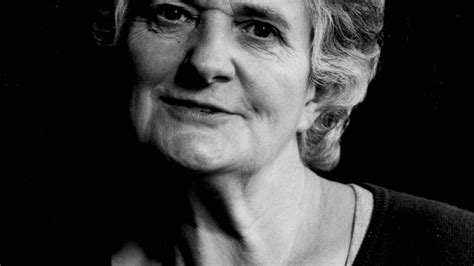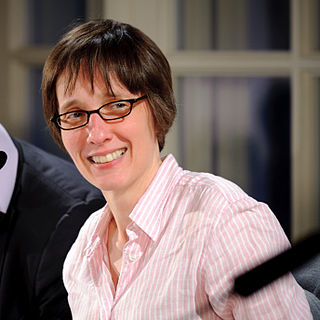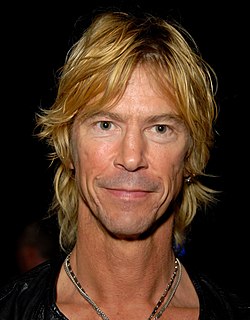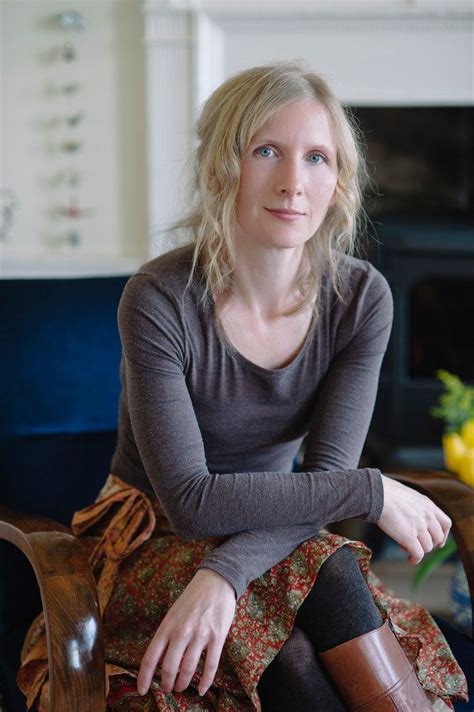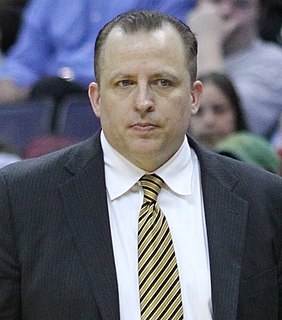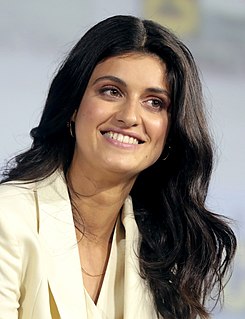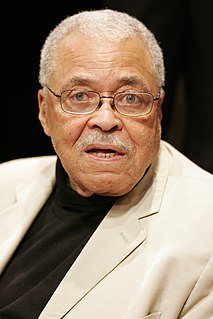A Quote by Edna Longley
Obviously all writers, all artists, have their own internal critics; as they write they are being self-critical.
Related Quotes
The people who review my books, generally, are kind of youngish culture writers who aspire to write books. When someone writes a book review, they obviously already self-identify as a writer. I mean, they are. They're writers, they're critics, and they're writing about a book about a writer who's a critic. So I think it's really hard for people to distance themselves from what they're criticizing.
Any negative review you write, they'll say, "Oh, you're being so mean." I think the problem with a lot of criticism is that too many critics either write just description or they write in a Mandarin jargon that only a handful of people can understand, or they write happy criticis - everything is good that they write about. I think that's really not good. I think it's damaged a lot of our critical voices.
For better or worse, I seem to gravitate toward writing about something or someone else, then have my own self shove its way into that story. It seems insanely narcissistic. But I also think there's a particular effect that comes from using my autobiography in service to another story, as opposed to being the subject. I'm much more comfortable working in that mode. And I do think I have a persona or mood that I keep coming back to: self-conscious, self-critical, unsure. I write a lot about bodies, particularly male ones, usually as a point of emphasis for my insecurities about my own.
For Fanon, becoming actional is connected to his idea of a new humanism, which is explicitly critical of European humanism so intimately connected with colonialism. So, it is not simply about finding new concepts from anywhere, but being both critical and self-critical and also being very open to what is happening on the ground.
Show people your stuff, listen carefully to their responses, but ultimately don't value anyone's opinion above your own. Be influenced by writers you dislike as well as writers you like. Read their stuff to figure out what's wrong. Find a balance between the confidence that allows you continue, and the self-critical facility that enables you to improve. Get the balance wrong on either side, and you're screwed.
